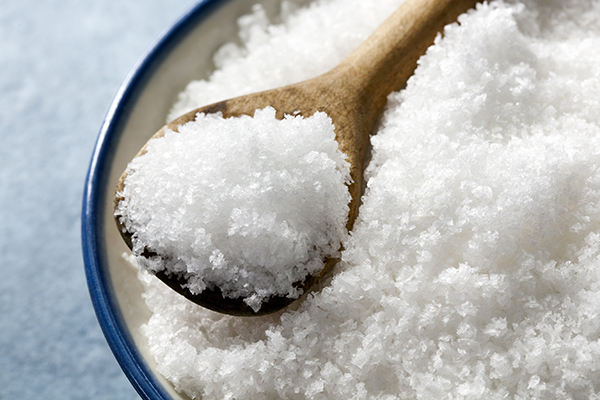March 10, 2014
UOW researcher devises strategies to cut salt and reduce disease
With the average Australian consuming around eight to nine times more sodium than they need for good health, public health experts are devising salt reduction strategies to help prevent diseases associated with elevated sodium levels, such as hypertension, heart disease and stroke.
Epidemiologist and public health nutritionist Associate Professor Karen Charlton, from UOW’s School of Medicine, has spent the last decade examining sodium intake in South Africa. She will be presenting her research at the first South African Salt Summit in Johannesburg on 13 March.
Professor Charlton's studies have shown that reducing the sodium content of bread by 50 per cent, along with other reductions in margarine, soups and gravies, would decrease salt intake by 0.85 grams per day, resulting in 7,000 fewer deaths due to cardiovascular disease and 4,000 less non-fatal strokes in the country per year, saving the country 300 million Rands ($40 million) each year in health-care costs associated with non-fatal strokes alone.
The work ultimately led to South Africa becoming the first in the world to legislate for the upper levels of salt permitted in various categories of processed foods, with legislation to be enforced from 2016.
“South Africa provides an ideal case study that could be applied to other countries particularly in low middle income and developing countries,” Professor Charlton said.
“It’s all tied up to what is available and what people can afford. Fruit and vegetable consumption is low and that is related to cost. Maize meal is the staple food and is often consumed at breakfast lunch and dinner. To make it palatable stock cubes and flavour enhancer (with MSG) is added – and this is where the salt consumption becomes an issue,” she said.
New guidelines released by the World Health Organisation in January recommend adults consume less than 2,000 mg of sodium, or 5 grams of salt, per day.
Professor Charlton said the world now has its eyes on how the South African legislation will influence changes in population health.
At the Summit, a new campaign called the ‘salt watch’ initiative will be launched, while key government officials, food industry partners and researchers will discuss future salt strategies.
The visit to South Africa will also be an opportunity for Professor Charlton to begin work on a new project that aims to lessen the burden of diseases related to hypertension (high blood pressure) through innovative salt reduction strategies. The collaborative project will involve researchers from the World Health Organisation, the University of Ghana and the Human Science Research Council in South Africa, as well as UOW.
